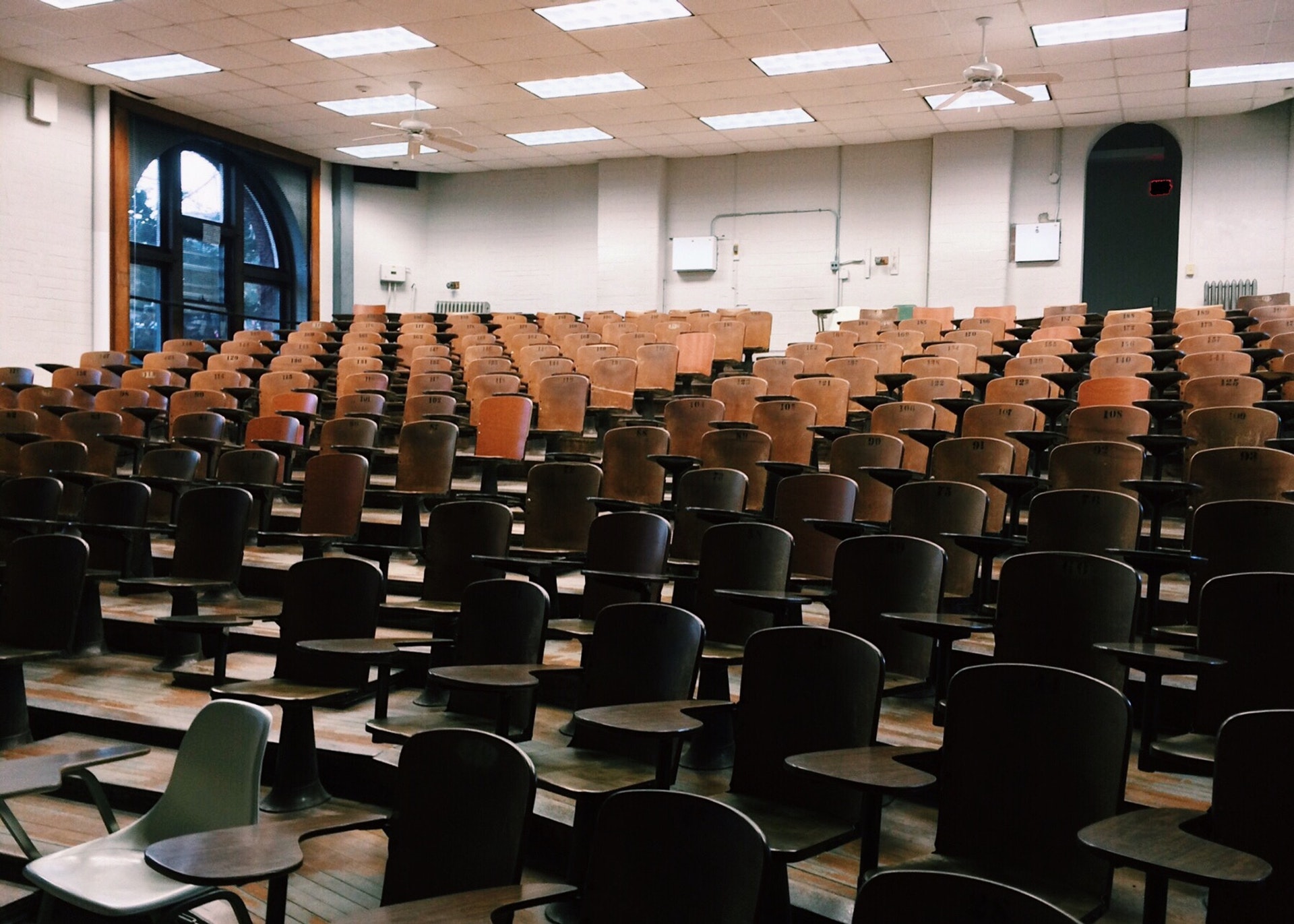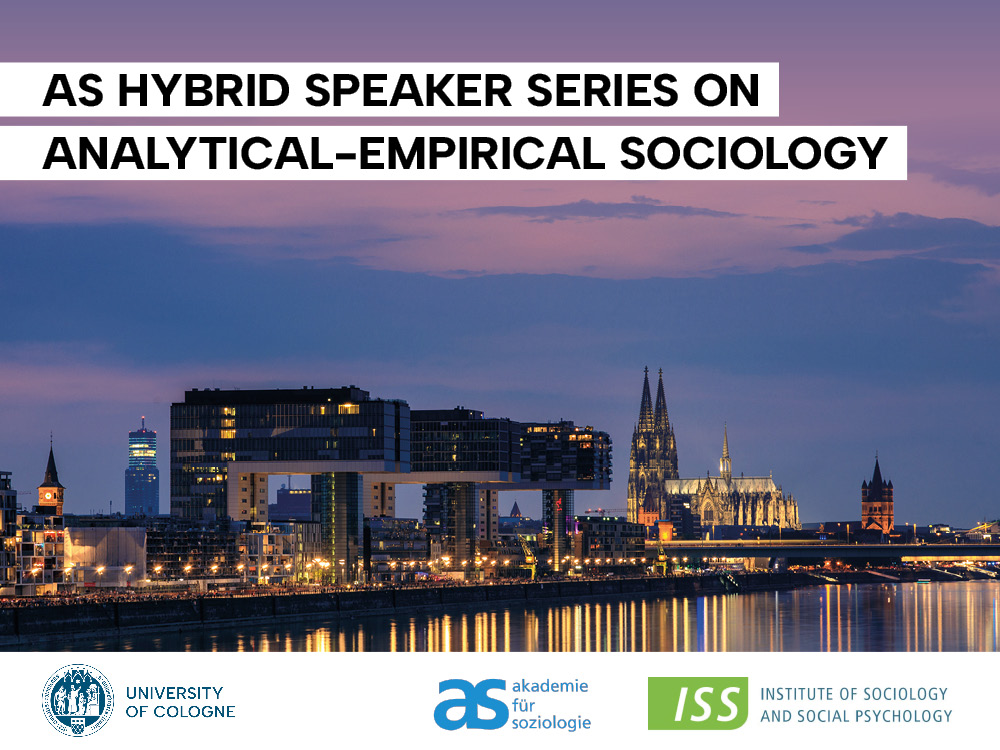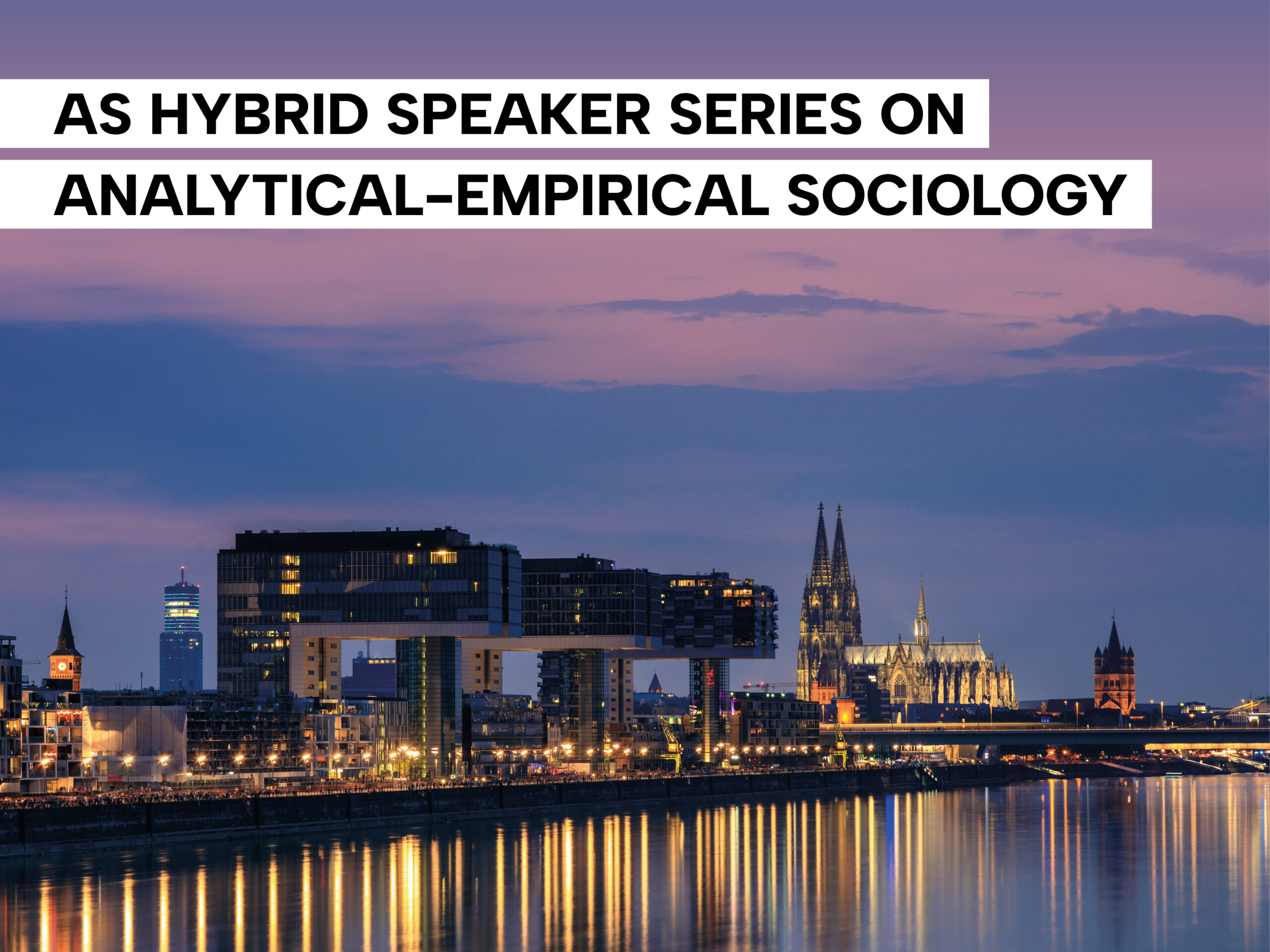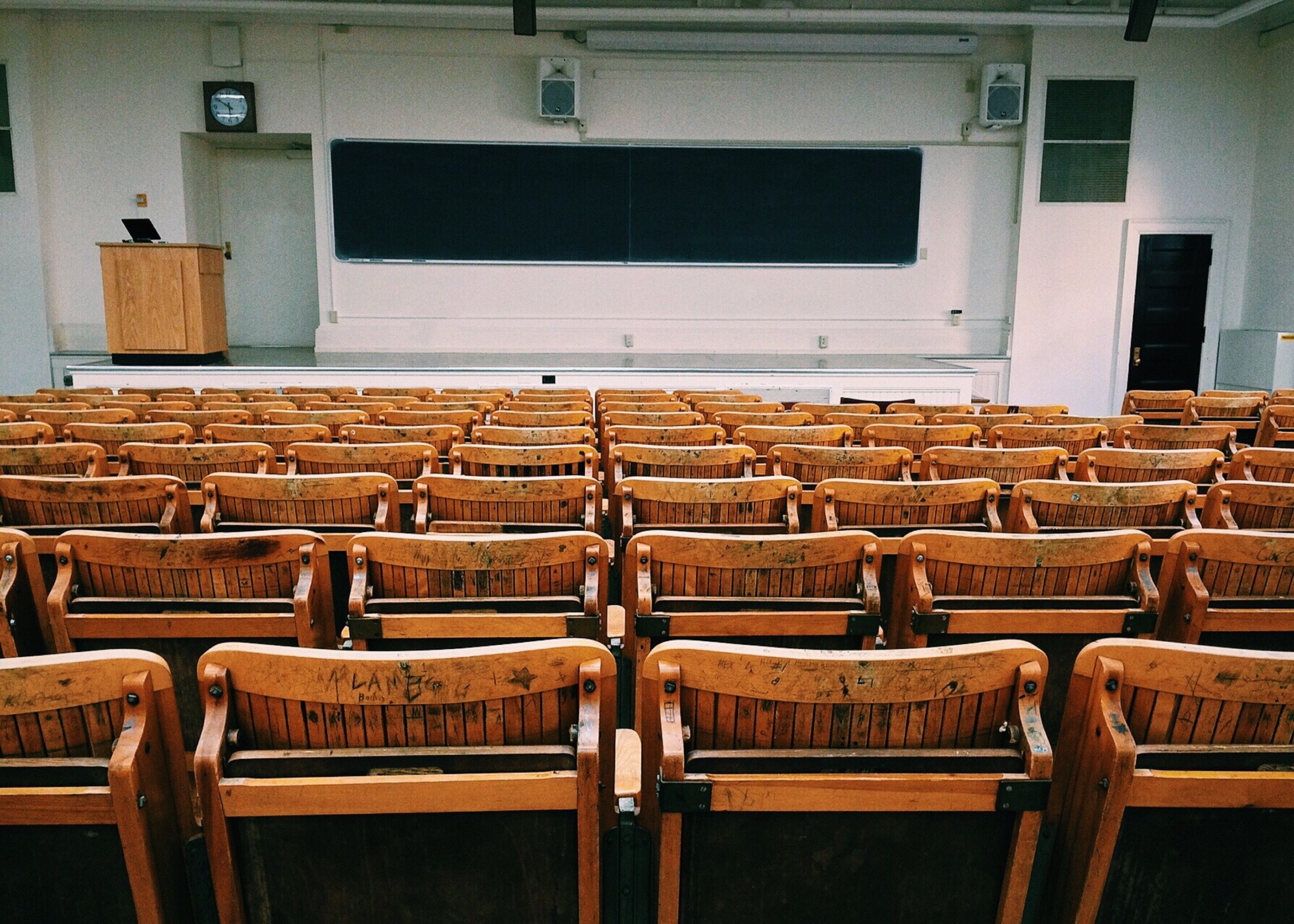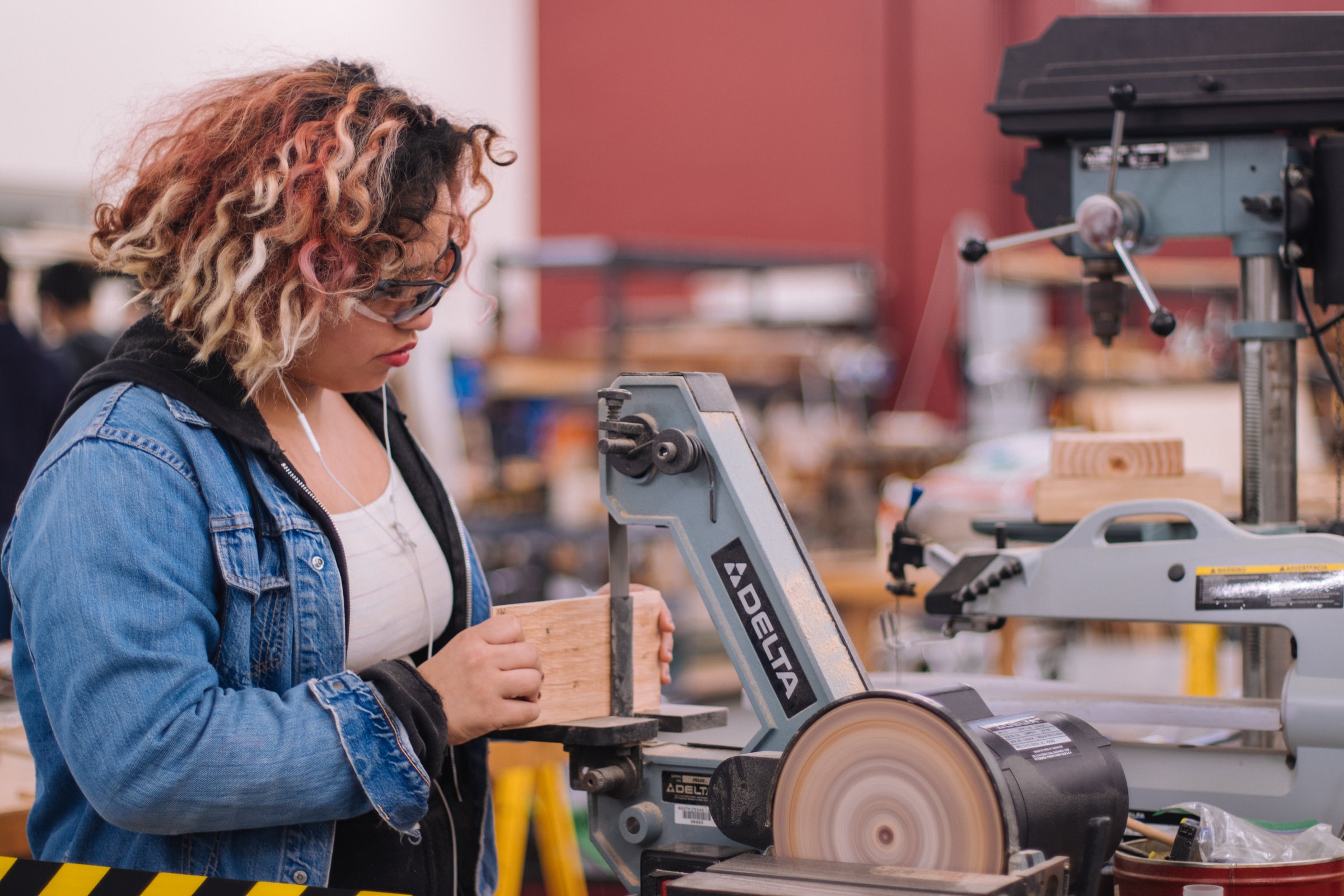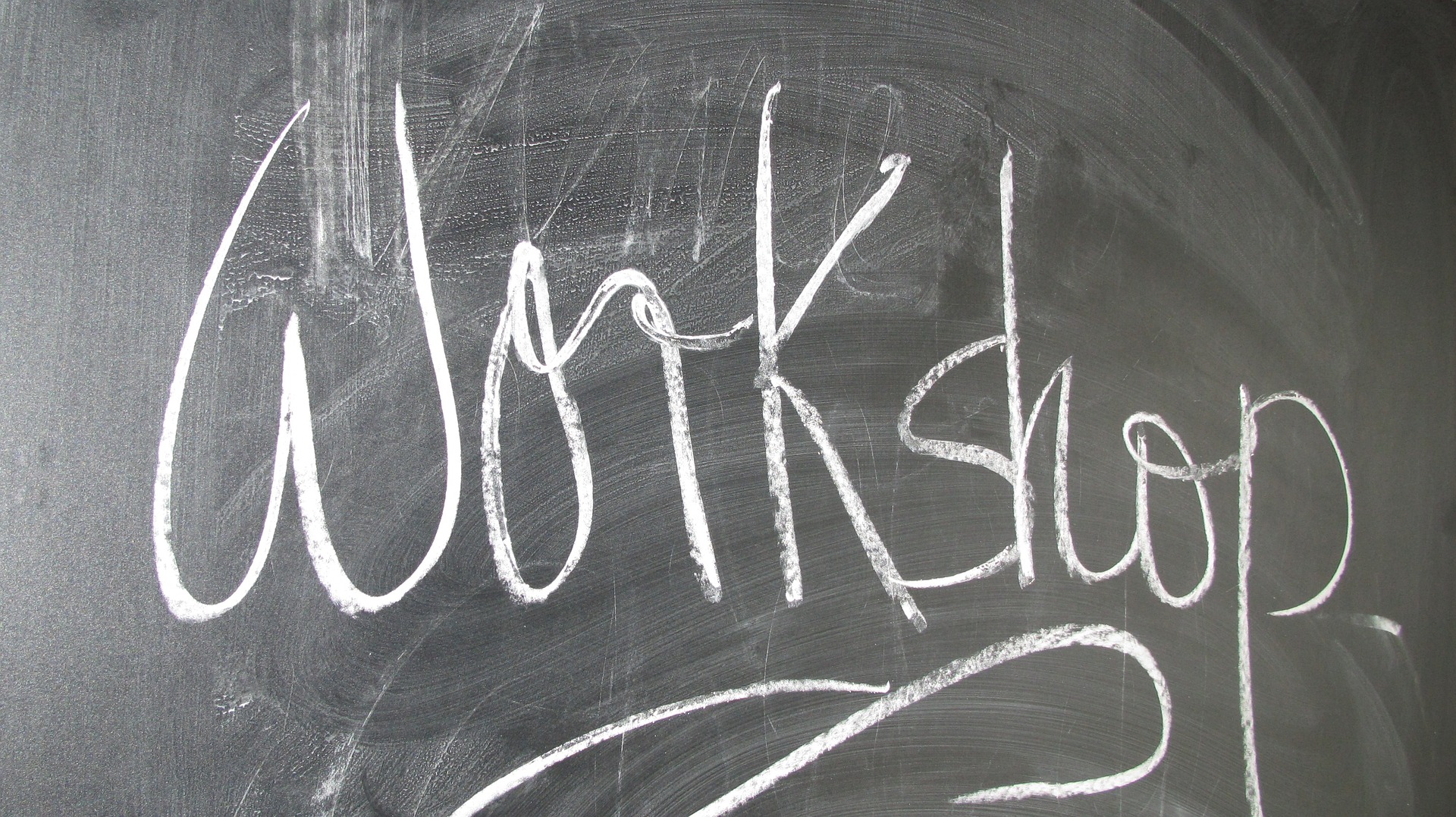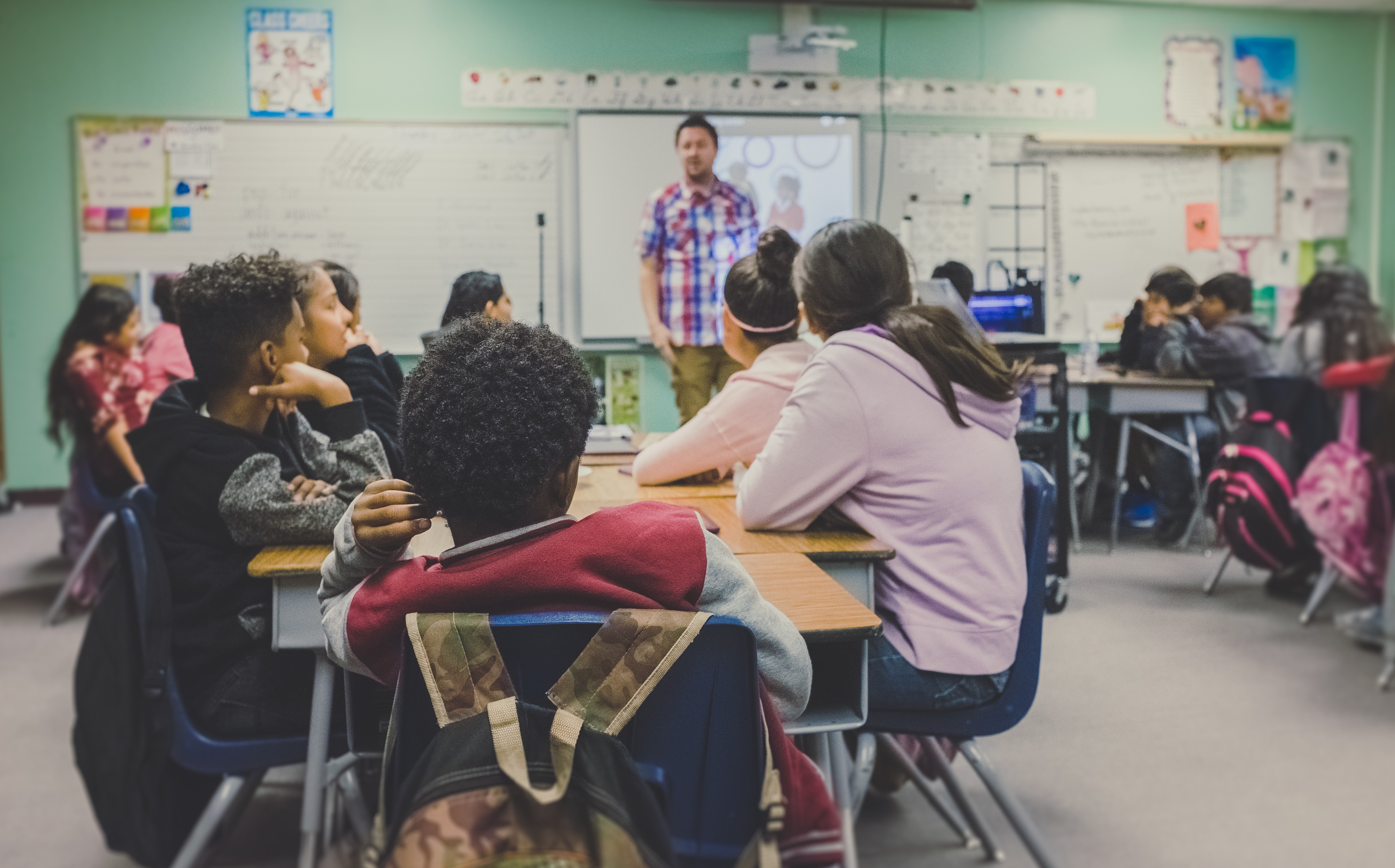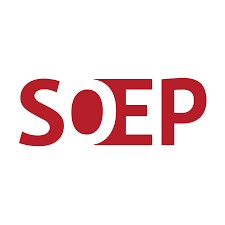As in 2023, the „Venice Seminar“ on „Analytical Sociology: Theory and Empirical Applications“ will again take place in Venice, Italy. The organizers welcome theoretical contributions in the field of analytical sociology or theory-driven empirical social research on any topic. There will be slots for a maximum of 30 oral presentations (30 min. including discussion) and 25 posters. The poster sessions will begin with short introductory presentations in the main conference hall. Language of presentation is English.
Organisation: The workshop is organized by Katrin Auspurg and Gerrit Bauer (LMU Munich) in cooperation with the Venice International University (VIU) and the Academy of Sociology (AS). The Venice International University (VIU) buildings are located on the small island of San Servolo (about 10 minutes by boat from the historic city centre). Participants can book hotel rooms either on San Servolo or in the city centre. There is no workshop fee, but no covering of travel costs.
Abstract Submission: If you would like to present a paper/poster, please send an abstract…
For further organizational details please see the workshop homepage.
 DE
DE 



